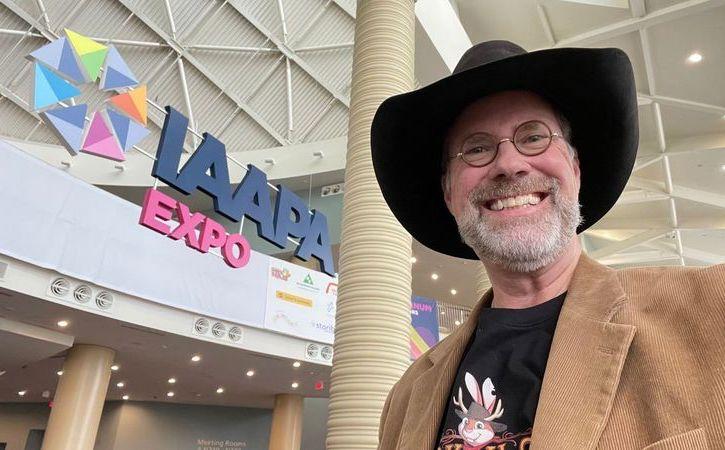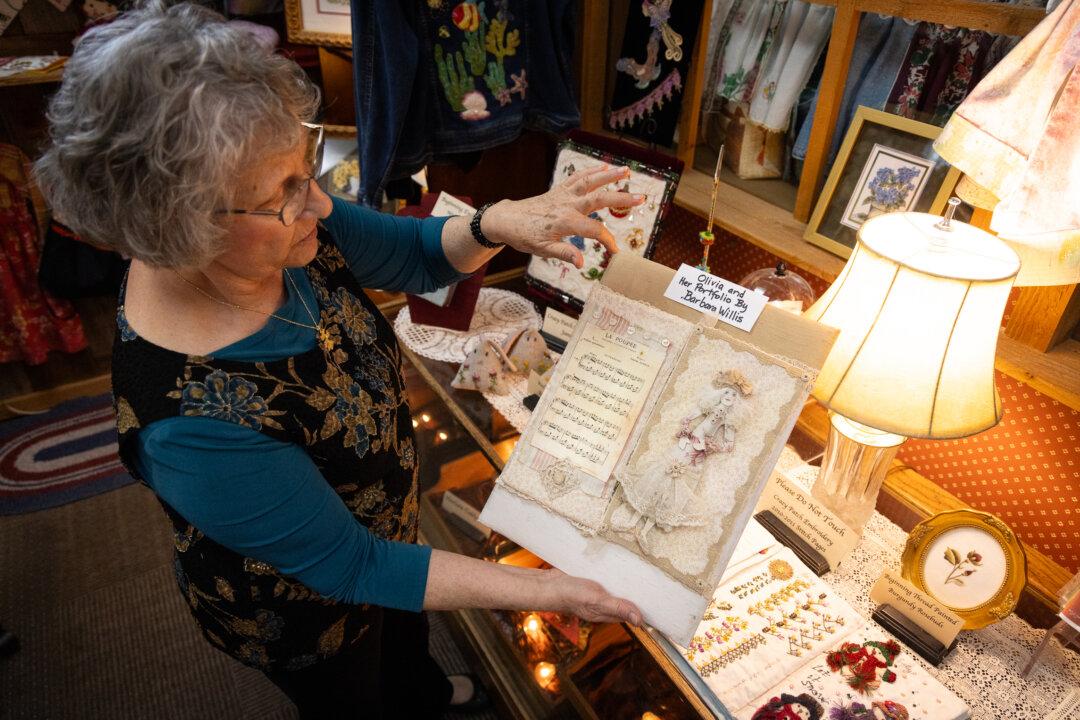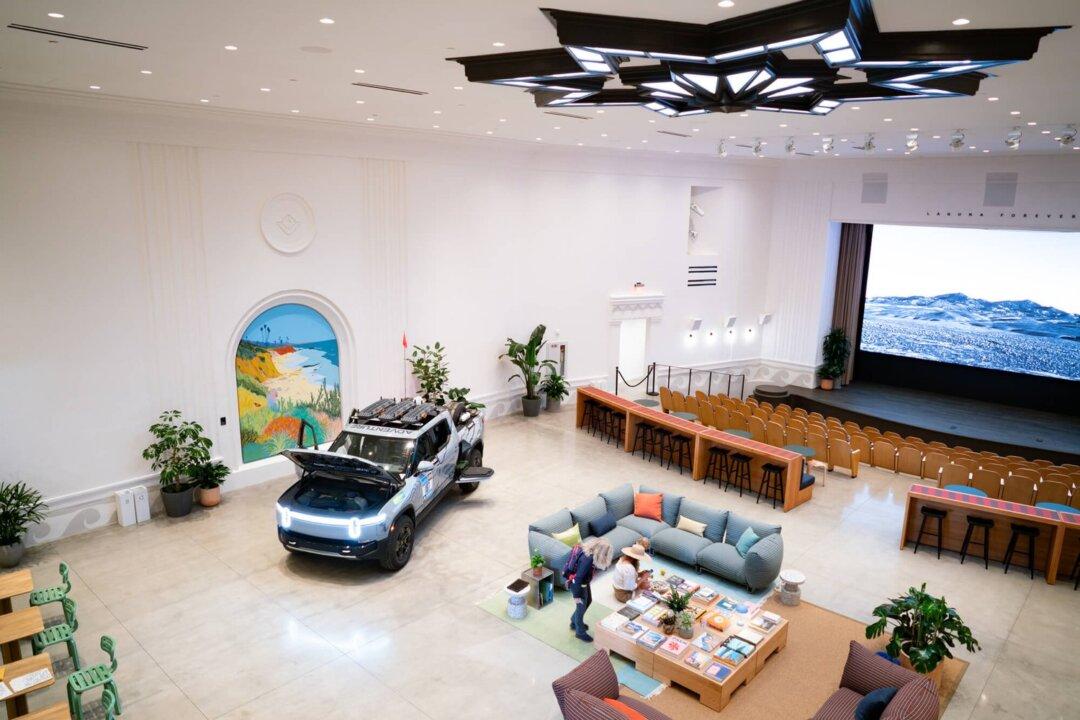California officials quietly released an amendment to an Aug. 5 order requiring all workers who provide services or are employed in health care facilities to be vaccinated. The mandate now includes visitors to indoor health care facilities.
Released on Aug. 26, the amended public health order states that facilities must verify that visitors are fully vaccinated or have had a negative COVID-19 test within 72 hours for unvaccinated or incompletely vaccinated visitors.





